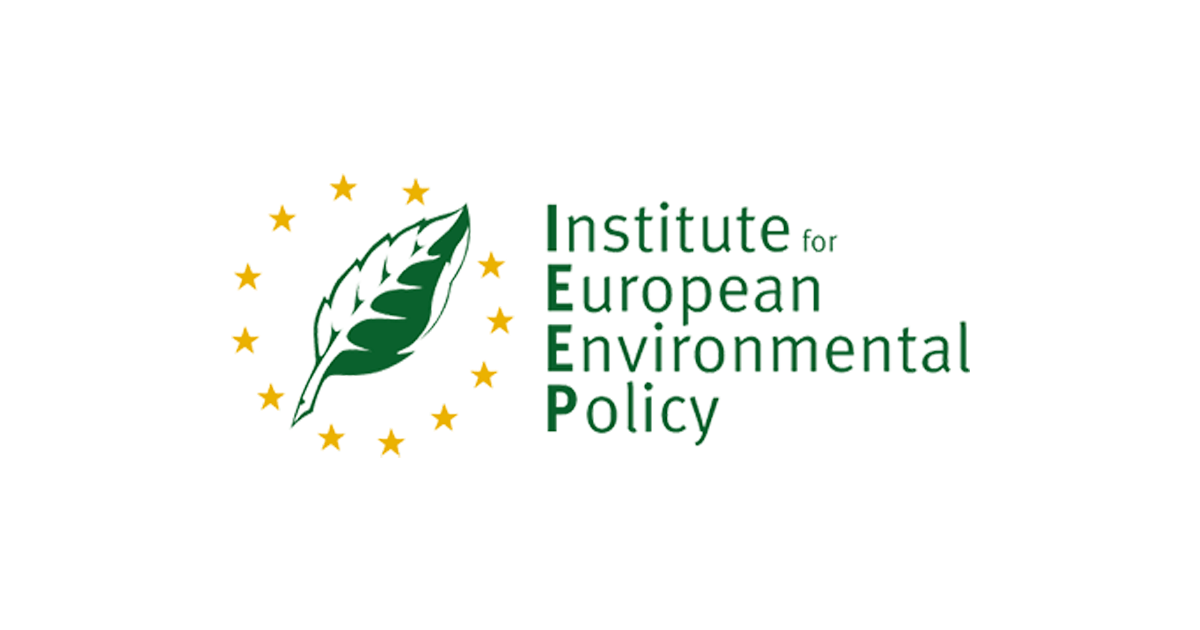IEEP, together with ten research partners, is currently involved in the European Union Action to Fight Environmental Crime (EFFACE) project, which is a 40-months EU funded research project assessing the impacts of environmental crime. As part of the project, EFFACE researchers have compiled twelve case studies focusing on different types of environmental crime actions with IEEP developing a case study on illegal electronic waste (e-waste) shipment from the EU to China. This case study focuses on assessing the extent of the illegal activity, including the key stakeholders involved. Furthermore, it also explores the legal framework of e-waste shipment, both in the EU and China, and its effectiveness.
As part of the EFFACE a series of public workshops are organised to present the findings of the project. On 25 March, one of these workshops were held in Granada with the aim to present some of the EFFACE case studies and discuss the results of the research. Participants included academics working in the field of environmental crime, representatives of international intergovernmental organisations and prosecutors.
The presented case studies provided an overview of the environmental, social and economic impacts of the environmental crimes and the effectiveness of existing laws and policies trying to tackle the crimes. The case study on illegal e-waste shipment concluded that the recent amendments to the EU Waste Shipment Regulation and the Directive on waste electrical and electronic equipment (WEEE Directive) have the potential to counter illegal e-waste trade, however the effectiveness of these legislations will greatly depend on the willingness of individual Member States to implement the amendments. The case studies also documented a wide set of underlying motivations and drivers to commit environmental crimes, including inter alia economic gains, asymmetries in legislative frameworks between countries involved and differences in access to resources to control crime. The discussions following the case study presentations focused on the importance of public awareness of environmental crime actions and the difficulties in defining environmental crime, suggesting that environmental crime should be seen as an evolving concept.
The whole set of case studies can be accessed here.
See more information about the EFFACE project here.
Fore more information on IEEP’s work on environmental crime, please contact Andrew Farmer (afarmer@ieep.eu) and Andrea Illes (ailles@ieep.eu)


